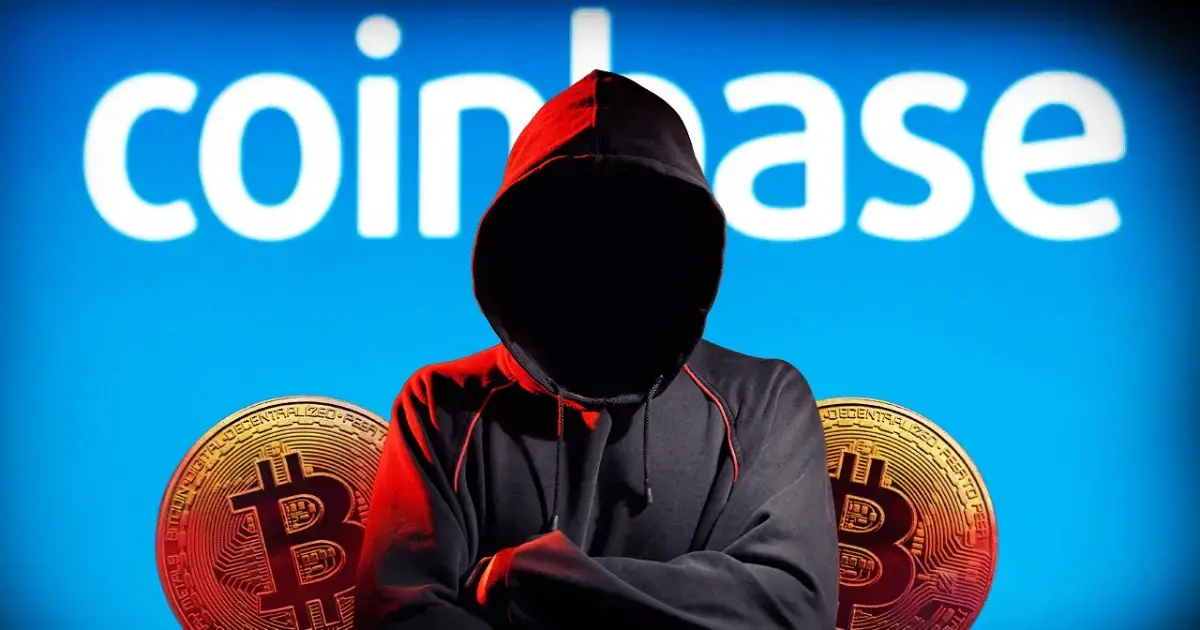The Future of Ethereum
During this period, many readers have expressed significant doubts about the future of Ethereum in their comments, with some even asking whether it is necessary to exchange Ethereum for tokens from other blockchains (excluding Bitcoin).
Various media in the crypto ecosystem are also filled with dissatisfaction and negative news about Ethereum, such as recent criticisms of the Ethereum Foundation's spending and concerns about the current state of Ethereum.
Many of these doubts and grievances objectively reflect the various issues Ethereum is currently facing, which are also problems that the Ethereum ecosystem must solve in the future.
Not only others, but I have also expressed my regrets and dissatisfaction regarding the lack of application innovation in the Ethereum ecosystem during this market cycle in earlier articles.
However, I will not doubt its prospects and potential because of these issues with Ethereum, nor do I believe that these criticisms and scrutiny will affect Ethereum's future development.
As the strongest application chain in this ecosystem, Ethereum should bear and face these doubts, should brave the storms, and even if the sky falls, such a strong entity should support the entire crypto ecosystem to continue developing.
Why am I still so firmly optimistic about Ethereum?
In fact, I have mentioned the reasons in earlier articles, and I still adhere to those views:
- Unwavering commitment to decentralization
Regarding decentralization, although I still have certain doubts about POS, I am still analyzing and comparing which is more capable of achieving decentralization in practice, POW or POS. But even in the most conservative terms, excluding Bitcoin, I believe Ethereum is the most decentralized among all other chains.
Moreover, more importantly, Vitalik has been highly vigilant about the emergence of new "centralization" trends on Ethereum. This is something that no other key figure in any other blockchain has done, but I believe it is the most crucial aspect.
This is especially important today as the world increasingly faces polarization and fragmentation.
I believe that assets that strive for decentralization will play an extremely important role in the geopolitical games and conflicts of the future, becoming a safe haven for funds amidst various risks.
- Ethereum's ecosystem remains strong, and the barriers to entry are still high
Indeed, the application innovation within the Ethereum ecosystem has been quite unsatisfactory in this market cycle, but objectively speaking, it still possesses a powerful ecosystem, a good atmosphere, and a healthy community.
I have always believed that the core and focus of Ethereum itself is not applications, but rather the underlying infrastructure, which creates conditions for applications, thereby achieving the goal of attracting talent.
From this perspective, I believe that the current efforts and direction of the core team led by Vitalik are correct. As long as they continue in this direction, the barriers to entry for the Ethereum ecosystem can be maintained, and the ecosystem can remain active.
As for why Ethereum, despite having sufficient infrastructure, is currently lacking in application innovation, I feel it has encountered a natural bottleneck that cannot be bypassed. It can only persist through this tough period and give the community and application developers more time to accumulate more ideas until the next wave of innovation erupts.
- The soul of Ethereum still shines brightly
In the past few days, I have been writing articles introducing the content from Fisher's book.
He places exceptional importance on the management team of a company when judging its long-term potential.
He believes that if a company has a good team, any difficulties it faces will only be temporary, and the company has the potential to create miracles that people today cannot imagine. Conversely, if a company lacks a good team, even if it is currently thriving, that success will only be temporary, and such a company will ultimately degrade and become mediocre over time.
Although I have previously emphasized the importance of the teams behind crypto projects, my understanding of this point has become even more firm and profound after reading Fisher's views on teams.
From this perspective, Ethereum has top-notch key figures in this ecosystem, and I believe they can lead Ethereum out of its current confusion and stagnation, once again achieving brilliance.
Therefore, I still believe in Ethereum's future and prospects; I just do not know when the next explosion of its ecosystem will occur, what scenarios will emerge, or what miracles will be created.








